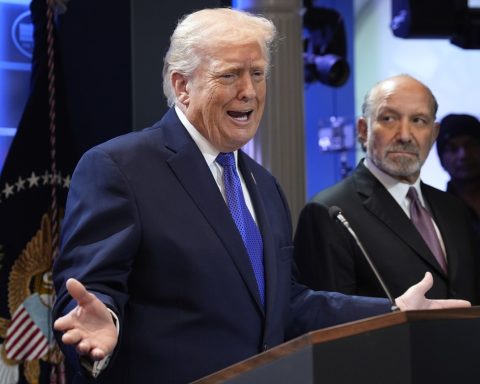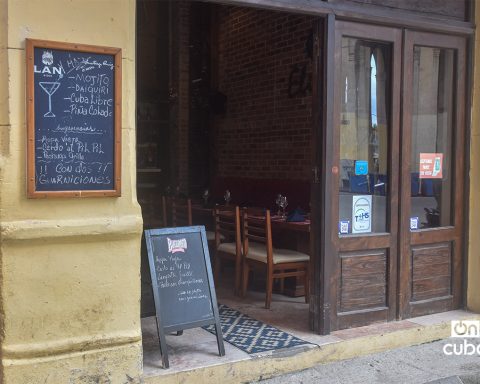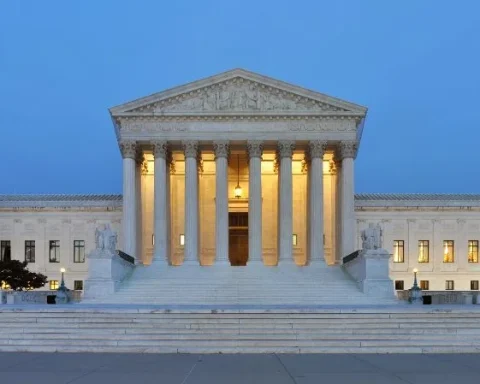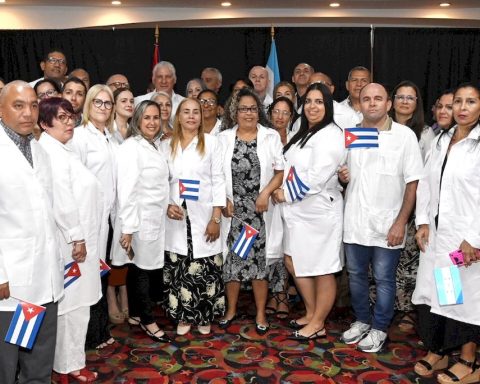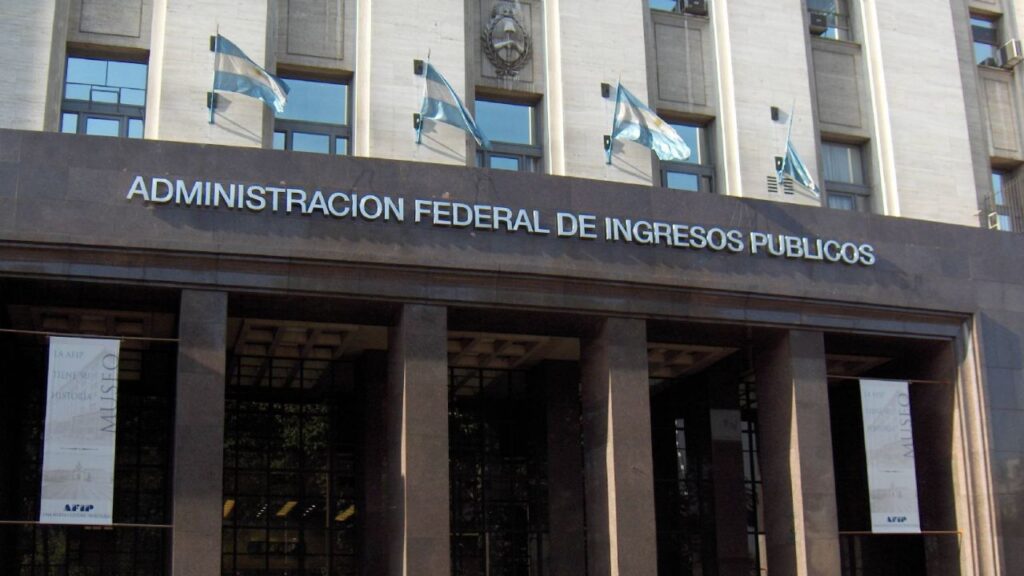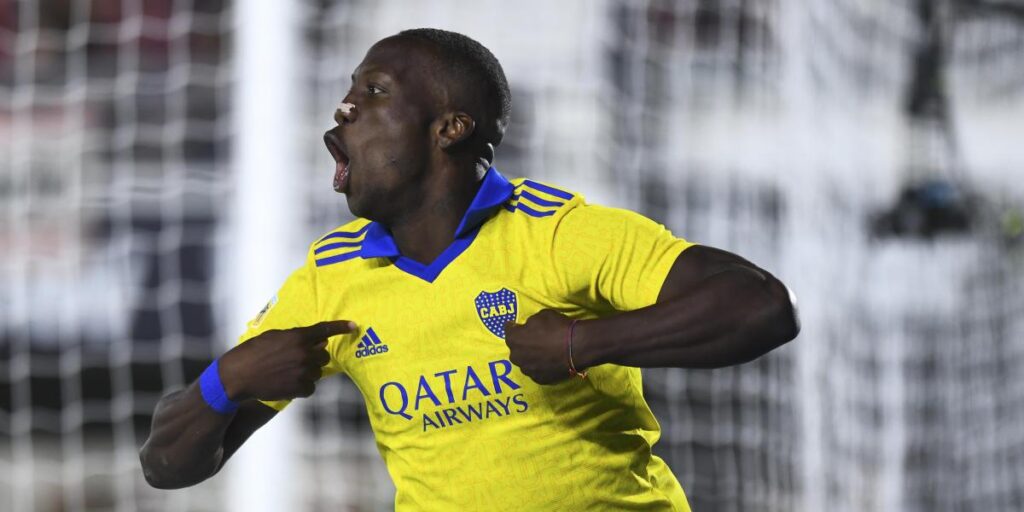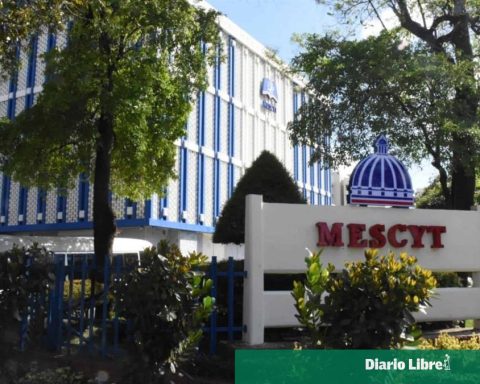Patria was the newspaper of José Martí, the newspaper of the Cuban Revolution. It was a platform to socialize the efforts of a necessary war. It was a space for the analysis of a moment and to establish the priorities of that moment. It was the voice of an emigration committed to the independence of the nation. It was an instrument of mobilization. He brought together dissimilar positions in a solid, coherent speech, with an eye on the main objective: to free Cuba from the colonial yoke. And glimpse the longed-for Republic. Patria was the newspaper of the unit.
Every Revolution needs a press. And not with the mere role of writing the chronicle and leaving testimony of the deed, but as a generator of ideas, as a useful laboratory. The revolutionary press also has the mission of consolidating a symbolic body, and constantly subjecting it to scrutiny. Because a Revolution that stagnates ceases to be a Revolution. The press has to be a watchtower.
And the revolutionary press (and this is how José Martí understood it) must have a profoundly cultural vocation, raising the daily exercise to a transcendental dimension: the construction of a consensus, with all its implications, attending to nuances and establishing hierarchies.
The Patria newspaper continues to be a reference. It is not a whim that Cuba celebrates the Press Day just as the anniversary of the founding of this body is celebrated. Saving the understandable distances, the media of today share tasks and challenges with the newspaper that Martí founded. The first: the defense of the right to exist of a Revolution, which is based on its necessity and its ability to represent the aspirations of a people.
The vocation of service, oblivious to vanities and individualistic interests, must characterize revolutionary journalism. Feet on the ground, attentive ear, clear and precise voice. Depth in thought, flight in style.
Revolutionary journalism cannot be a bastion of elites, it has to be a popular tool. That journalism has to come out of the town. The people must serve. And it is their responsibility to open the widest possible thematic spectrum, so that all demands are met.
There are articles published in Patria that retain singular validity, some of them written by Martí himself. They are the ones who recognize the pillars of a Revolution that has definitely been unique. He would agree to dwell on these concepts, in particularly complex times for the nation.
The press has to be a beacon and fence. And at a time when the democratization of technologies has multiplied the concert of public opinion, professional journalism must consolidate itself as a benchmark of veracity and rigor. As was Homeland in times of libel.

